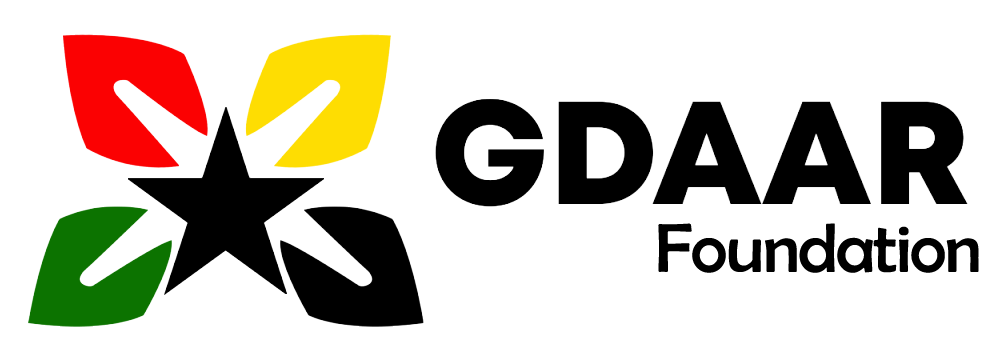For many in the diaspora, Ghana is more than just home. It is a place full of opportunity and connection. Starting a business here can be deeply rewarding, but success takes more than passion. It requires planning, patience, and a clear understanding of how things work on the ground.
Identify a Viable Business Idea
Almost any business can thrive in Ghana with the right approach, but some sectors are especially promising for diasporans:
- Technology: Fintech apps, ride-hailing services, e-commerce platforms, and digital training
- Food and Hospitality: Restaurants, catering services, and boutique hotels that combine Ghanaian warmth with international quality
- Logistics and Transport: Delivery services, car rentals, and fleet management
- Health and Wellness: Clinics, pharmacies, gyms, and organic food stores
- Creative Arts and Fashion: Clothing lines, studios, and entertainment ventures that celebrate Ghana’s growing global influence
When choosing a business, think about how your skills and interests align with local needs. Spend time in Ghana, talk to people, and observe what is missing in daily life. Great ideas often start with simple observations.
Register and Stay Legally Compliant
Before launching your business, make sure it is properly registered and compliant. You will need to:
- Register with the Registrar General’s Department (RGD)
- Get a Tax Identification Number (TIN)
- Register with the Ghana Revenue Authority (GRA) for tax purposes
- If your business is foreign-owned, register with the Ghana Investment Promotion Centre (GIPC)
- Obtain any industry-specific licenses such as FDA (for food), EPA (for environmental matters), or NCA (for telecom)
This process can feel detailed, but working with a trusted consultant or local lawyer will help you navigate it smoothly.
Build Local Partnerships
Success in Ghana often depends on relationships. Partnering with people who understand the system, such as local managers, experienced entrepreneurs, or trusted family members, can help you manage bureaucracy and cultural differences. The right partners can save you time, reduce frustration, and open doors to valuable networks.
Finance Your Business
Funding can come from different sources depending on your goals and the size of your business. Common options include:
- Personal Savings: This is how most diasporans begin
- Diaspora Investment Groups: Informal networks or cooperatives that pool money for business ventures
- Bank Loans: These may require collateral, but some banks have special programs for Ghanaians abroad
- Venture Capital or Angel Investors: Suitable for tech or high-growth startups
Always prepare a detailed business plan. It will help you attract investors and keep your strategy focused.
Prepare for Common Challenges
Doing business in Ghana is rewarding but comes with challenges. Be ready for:
- Delays in permits or approvals
- Inconsistent infrastructure such as electricity or internet outages
- Competition from informal businesses that may sell at lower prices
- Cultural differences in communication or management styles
These challenges are manageable with patience, flexibility, and a learning mindset. Every obstacle can teach you something valuable about doing business in Ghana.
Tips for Success
- Start small and grow steadily as you understand the market
- Build genuine relationships because personal recommendations matter in Ghana
- Combine global best practices with local knowledge
- Train and support your staff to ensure quality and consistency
Final Thoughts
Starting a business in Ghana as a diasporan is both exciting and fulfilling. It is an opportunity to bring your international experience home, create jobs, and make a real impact. Take your time to plan, connect with the right people, and stay open to learning. With persistence and purpose, you can build something truly meaningful that contributes to Ghana’s growth and your own success.




